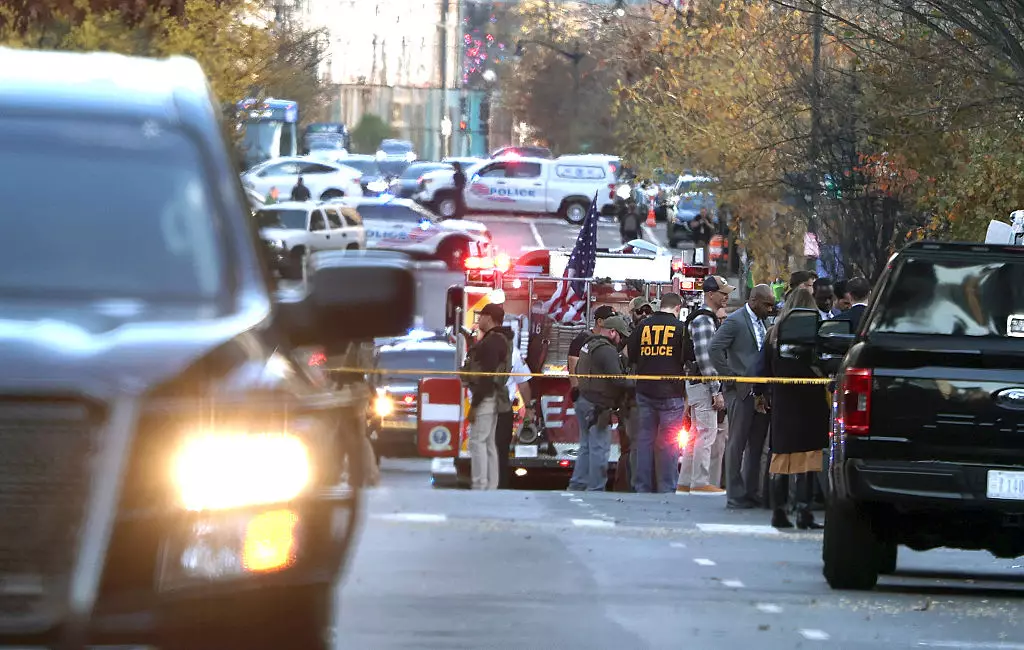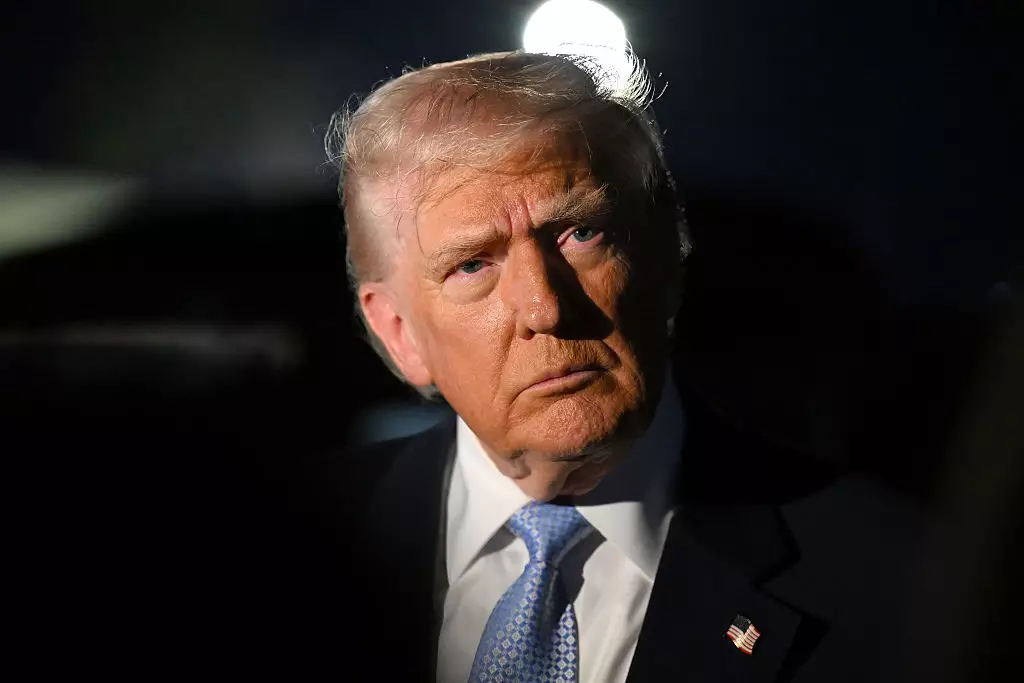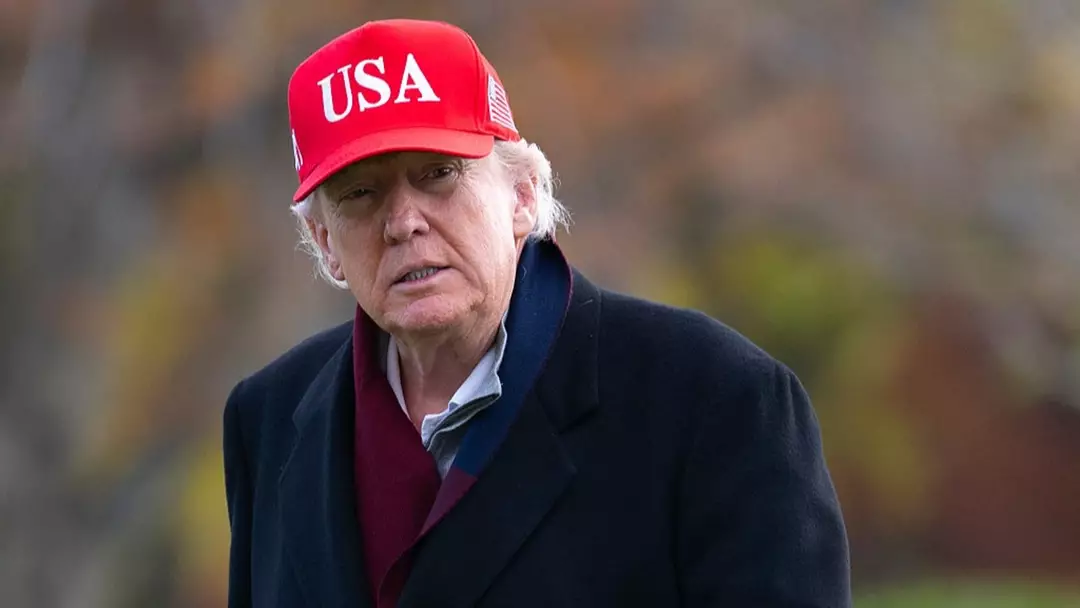Donald Trump has announced plans to ‘permanently pause’ migration from several third world countries to the United States.
In a Thanksgiving message shared on Truth Social, the former President outlined his intentions to intensify restrictions on migration.
This announcement follows the events of November 26, where the suspect in the National Guard shooting in Washington, D.C., was identified as Rahmanullah Lakanwal, a 29-year-old Afghan national.
According to Sky News, Sarah Beckstrom, aged 20 and a member of the West Virginia guard, passed away after the shooting, while Andrew Wolfe, aged 24, remains in critical condition.
Lakanwal was apprehended by authorities and taken into custody. He had sustained gunshot wounds which were treated at a hospital, and the injuries were reported as non-life-threatening.
Officials from law enforcement agencies revealed to the Associated Press that Lakanwal is believed to have arrived in the US in September 2021 and had been residing in Washington state.

A family member of the suspect informed NBC News that the 29-year-old had served in the army for a decade alongside US troops. The relative, who claims to have served with Lakanwal, commented on their military experience by stating, “We were the ones that were targeted by the Taliban in Afghanistan.”
In his Truth Social post, Trump did not specify which countries would be affected by the proposed migration pause nor when it might take effect.
The Borgen Project explains that the term ‘third world’ originated during the Cold War, describing nations that did not align with either the US and NATO (first world) or the Soviet Union (second world). These non-aligned countries were mainly in Africa, Asia, and Latin America. The term was politically motivated, not economic, encompassing both wealthy and poor nations. Today, ‘third world country’ often refers to economically disadvantaged or developing countries, diverging from its original Cold War context.
This isn’t the first time Trump has enacted measures restricting entry from certain countries.
In January 2017, Trump signed Executive Order 13769, known as the ‘Muslim travel ban,’ temporarily preventing citizens from seven majority-Muslim countries, including Syria, Iran, Iraq, Libya, Somalia, Sudan, and Yemen, from entering the US.
The order halted refugee admissions for 120 days and indefinitely suspended Syrian refugee resettlement.

Following legal challenges, the original order was replaced in March 2017 with Executive Order 13780, easing restrictions by removing Iraq, providing exemptions for valid visa or green-card holders, and suspending refugee admissions.
In 2025, Trump expanded travel restrictions with Proclamation 10949, effective June 9, completely barring entry for citizens from 12 countries, including Afghanistan, Iran, Libya, Somalia, Sudan, Yemen, Myanmar, Chad, Congo, Equatorial Guinea, Eritrea, and Haiti, and implementing partial restrictions on seven others.
This newer measure is broader in scope than the 2017 ban and does not include an expiration date or a pause on refugee resettlement.

